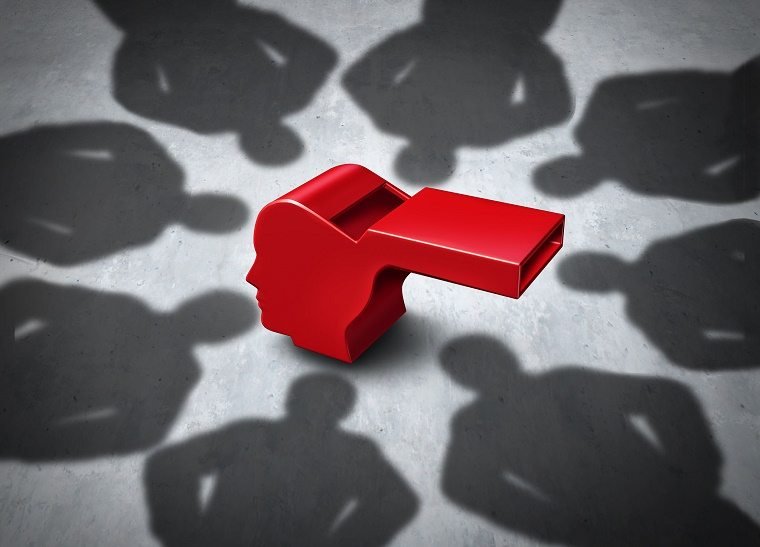In “The Informant,” Matt Damon plays Mark Whitacre, a man who was made famous by being one of the most high-profile whistleblowers in corporate America. For three years, Whitacre worked with the Feds to bring down his company, Archer Daniels Midland, for a price-fixing scheme. If it weren’t for the fact that Whitacre was also embezzling funds, he would have come out of the whole thing a well-renowned hero.
Unfortunately, even though the events of the film are based on real life, the reality is that most whistleblowers are not seen in a positive light. Take, for example, Edward Snowden. Many people believe he is a traitor, while others see him as a patriot standing up for people’s rights. In the business world, whistleblowing, for things such as exposing unethical behavior, often doesn’t work out well for the whistle-blower. That is, unless, you are in a position of authority.
According to David Mayer, who is the Associate Professor of Management and Organizations at U-M’s Ross School of Business, the concept of whistleblowing is much more nuanced than we think. “Even though we often hear negative things about business leaders in the media, we still have positive expectations of them,” Mayer said.
Mayer goes on to clarify that part of those expectations is speaking out against unethical conduct. Thus, it seems, part of the reason why Whitacre was hailed (relatively speaking) and Snowden was booed was the fact that Whitacre was a top boss at ADM, while Snowden was only a regular worker at the NSA. To put it in perspective, Whitacre is now the COO of a multi-million dollar business, and Snowden is still on the lam from the feds in Russia (there are other factors at play for the outcome, but you get what I mean).
There is even science to back up this claim. A report from the Journal of Applied Psychology shows this effect in a controlled setting. Mayer and his colleagues gathered people together and exposed them to cheating and other unethical behavior and monitored the results. To test their hypothesis, the team placed some of the individuals in leadership positions.
The results were pretty cut and dry. The team monitored everyone’s reactions when someone spoke up about the cheating, and how they viewed that person depended mostly on their position within the group. Those who spoke up and were not leaders were viewed unfavorably (as hostile and unfriendly) by the group as a whole. However, when anyone with a position of authority spoke on the unethical behavior, they were regarded in a more positive light.
One interesting part of the experiment, is that the leaders did not have to have formal authority over the group to be seen more favorably. What this means is that as long as someone had any sort of leadership position, regardless of closeness or relevance to the issue, he or she was viewed positively for speaking out against cheating.
So what does all this mean?
For companies and individuals, it’s important to understand this dynamic so you can avoid the “whistleblower penalty.” As the evidence shows, if a leader calls attention to it, he or she can be praised. If it’s a regular worker, then people might see him or her in a negative light and react in a less than positive way. The more we understand this phenomenon, the better we can be at making the workplace much more ethical overall.

